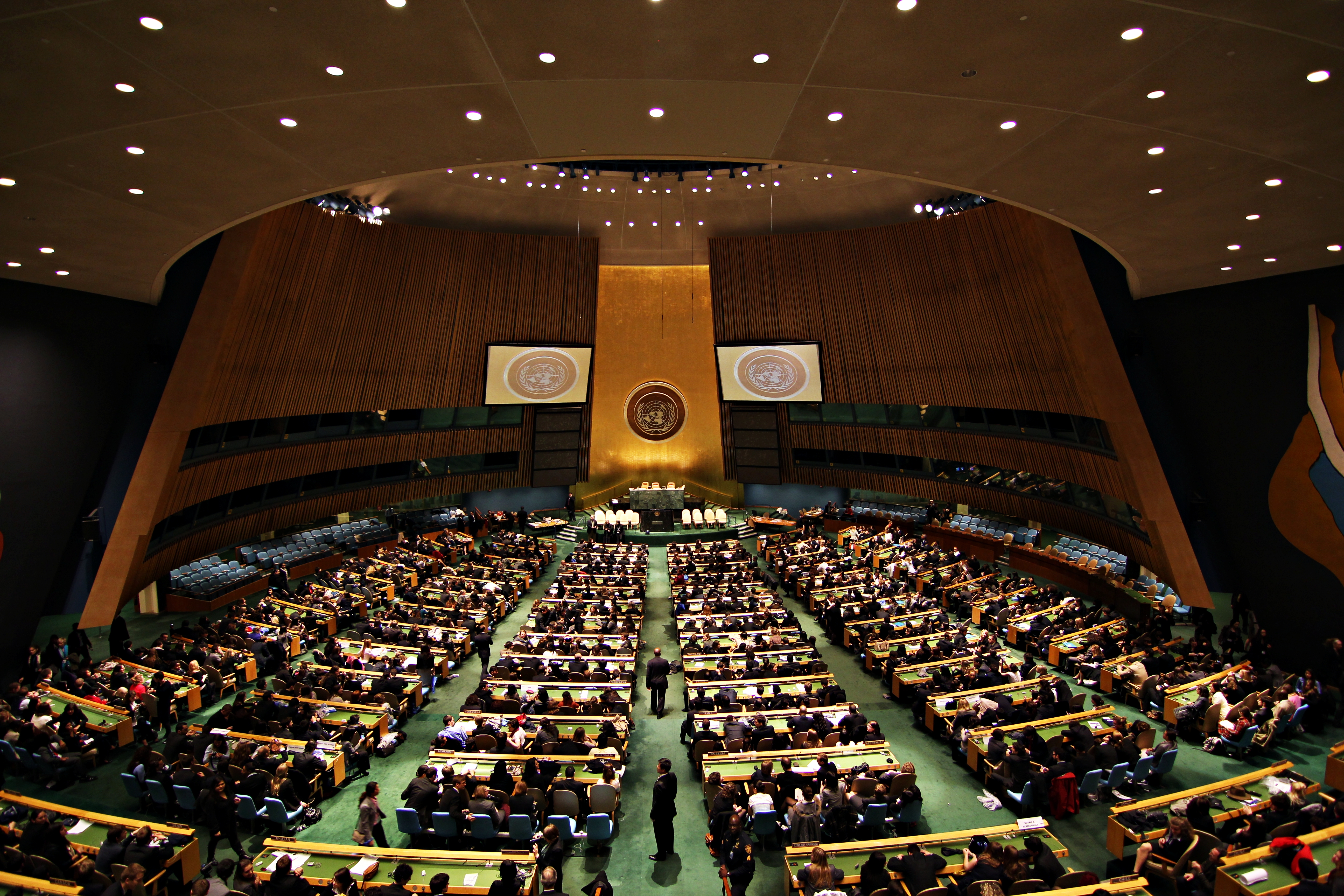
“Do not love the world nor the things in the world…The world and it’s desires are passing away.” I Jn 2:15-17
John, the last living apostle, towards the end of the 1st century wrote this to encourage early believers to stand strong in the face of Gnostic teachings invading the church. Ironically, the very words that he wrote were later (even up to this present time) interpreted within these same Gnostic [1] assumptions. This passage, and dozens more like it, became interpreted as a call to holiness in light of the fact that God was going to destroy His creation.
The ‘world’ (‘cosmos’ in Gk.) is a word which simply means an order of things. Although, in theory, the cosmos could refer to the material structure of something – like the earth – the NT references to the world are almost always a reference to “the present order of how this world functions”. So, John’s encouragement, in context to the rest of his letter, would have been understood like this, “Don’t get attached to the present order of things or the result of such things, brothers. All of this is going to pass away!”
Likewise, Paul encourages the Roman believers to “not be conformed to this world” (cf. Rom 12:2). This is a consistent message from all of those men sent to us by the Lord Jesus. Do not partake in the present order of things, since it (i.e. the order of the world, not the world itself) will be overthrown and crushed at the coming of Jesus.
That which is despised by Jesus – in contrast to the Gnostic teachers – is not the creation itself, but the fundamental order of it now. Man’s lust for wealth, power, comfort, and fame is what perverts the earth. Greed and self-preservation (vs. the love, and self-sacrifice which will define the Messiah’s government) are the primary motivators for every society on the earth presently. The dawn of the democratic society has more than proven this to be true, since every election is won or lost based on each candidate’s reliability to provide protection for me and my money.
It should not go unnoticed that John and Paul were both writing to believers within the church. Friendship with the world and implementation of its elementary principles are not simply problems with the modern church, they are fundamental weaknesses in the heart of man.
The great challenge facing the modern church is to regain its sojourning identity. Most church leaders would view a statement like John’s in an email from an overseer as out of touch and lacking vision. Our friendship with the world runs deep, and it’s elementary principles keep our ministries afloat financially.
The Apostles knew the troubles and persecutions which awaited the early church, and wrote these things in that context. The sojourning identity of the church is a great safeguard during these times. Believers who esteem this age and what it has to offer will either find themselves crushed by such events – or worse – outside of the faith entirely.
Thanks to God, our Father, for sending such men with the message of the Gospel originally. We have a great need for more elders like this. The hour is late, and we cannot afford to continue in this delusion of our making. Our love for the world and its ways are not hidden from God. The Christian language and rhetoric used when presenting our agenda does not deceive God about the motive of the heart. As pilgrims and sojourners let us follow His example so that we might say with Him, “the prince of this world is coming, but he has nothing in me!”
[1] Gnosticism, like it’s doctrinal ancestor Platonism, esteemed spiritual matters and despised physical things due to their belief in a fundamental perversion of materiality.
